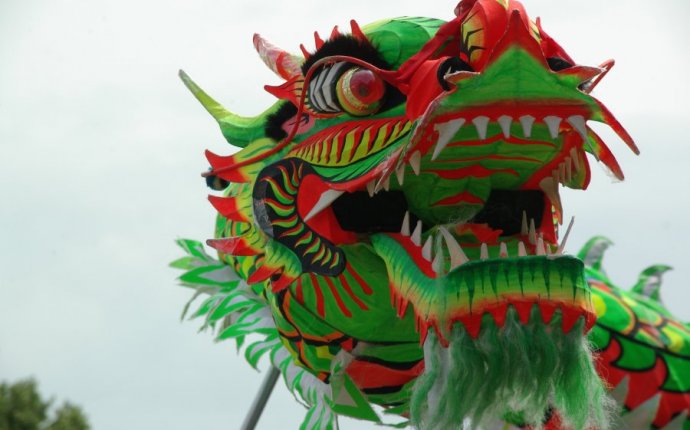
values and traditions of china
The cultural values of a country influence its national psychology and identity. Citizens’ values and public opinions are conveyed to state leaders through the media and other information channels, both directly and indirectly influencing decisions on foreign policy. The traditional cultural values that influence the psyche of the Chinese people are harmony, benevolence, righteousness, courtesy, wisdom, honesty, loyalty, and filial piety.
Of these, the core value is harmony. Harmony means “proper and balanced coordination between things” and encompasses rationale, propriety, and compatibility. Rationale refers to acting according to objective laws and truths. Propriety indicates suitability and appropriateness. The value of harmony advocates “harmony but not uniformity.” Properly coordinating different things by bringing them together in the appropriate manner allows them to develop from an uncoordinated state to one of coordination; from asymmetry to symmetry; and from imbalance to balance. Modern Chinese society tries to maintain harmony between humankind and nature; between people and society; between members of different communities; and between mind and body.
Benevolence, the core value of Confucianism, extends from the importance of familial ties and blood connections and is held in high esteem by the Chinese. “A peaceful family will prosper (jiahe wanshi xing, 家和万事兴)” is a famous and widely embraced saying. This benevolence, although based in familial ties, extends to friendships and social relationships, producing a full set of values that include justice, courtesy, wisdom, honesty, loyalty, self-discipline, and commitment.
Righteousness refers to justice and correctness. As Confucius said, “the gentleman understands what is moral; the small man understands what is profitable (junzi yu yu yi, xiaoren yu yu li, 君子喻于义,小人喻于利).” There are not only individual benefits but also collective and social benefits. All people should seek what benefits both the individual and the society. As two Chinese sayings put it, “Everybody is responsible for the rise or fall of the country (tianxia xingwang, pifu youze, 天下兴亡,匹夫有责)” and “Be the first to show concern and the last to enjoy yourself (xian tianxia zhi you er you, hou tianxia zhi le er le, 先天下之忧而忧,后天下之乐而乐).” If the country suffers foreign invasions and perils, the people should “expel the foreign invaders [and] resuscitate the Chinese nation (quchu dalu, huifu zhonghua, 驱除鞑虏,恢复中华), ” brandishing their weapons and struggling for the glory of the country.
Courtesy stresses modesty and prudence. It is about respecting laws and preventing misconduct. Traditional Chinese culture respects the importance of rites and has special rites for various occasions, such as the emperor’s sacrifice to heaven, the common people’s sacrifice to ancestors, weddings, funerals, and courteous exchanges. As the saying goes, “It is impolite not to return what one receives (lai er buwang fei li ye, 来而不往非礼也).” Confucius particularly stressed courtesy in daily life.









